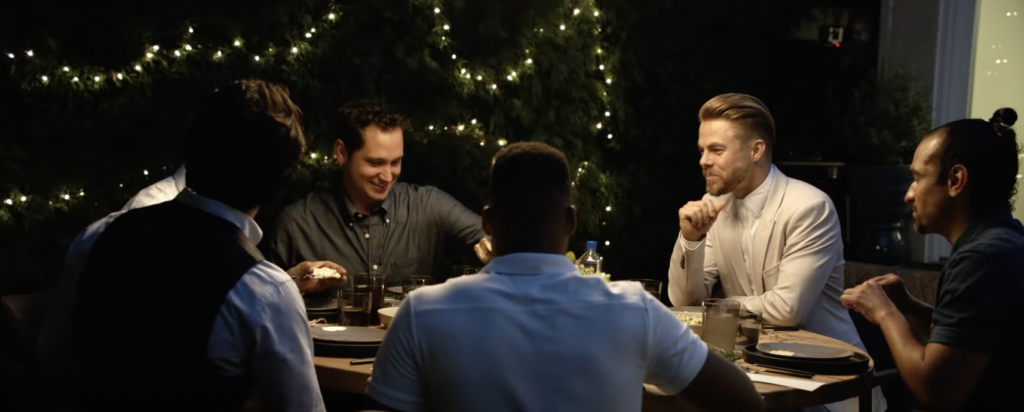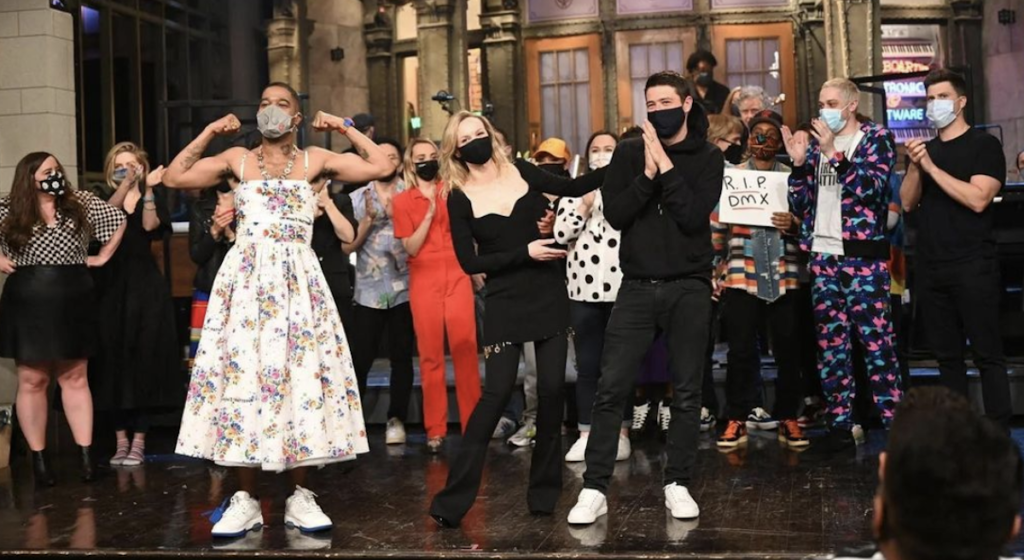The best Father’s Day gift is the simple phrase, “I love you, Dad.” But saying those four short words isn’t always as easy as it seems.
In his recent book Man Enough: Undefining My Masculinity, actor and director Justin Baldoni writes: “I find myself…not letting [my Dad] completely in when I know he so badly wants to be. It’s like this invisible barrier of masculinity that I didn’t ask to be put up…yet somehow we are trapped behind it.”
While Justin refers to his biological father, we must recognize that life circumstances may have offered us a range of critical male figures — from uncles and brothers who have been there over the years to mentors, coaches, and friends who have consistently provided support. When we say “Dads,” we mean all of them.
Regardless of their position, communicating how we feel about them can still be a tricky task. Many men today are a product of a different generation. Years ago, culture and media taught them to lean away from their emotions and, instead, perform the role of Superman: to fix, provide, and offer a stoic front against hardship and change.
Worse, as Justin points out, we often mirror that behavior back to our Dads by keeping them at arm’s length. So, it’s crucial to break through that barrier by communicating our feelings directly. However, when Dads grow sheepish or deflect, we can simply acknowledge the challenges brought on by their personal history and opt for an alternate approach.
The art of conveying emotion isn’t only about finding the right words for the exchange; it’s also about understanding how and where to begin. Here are several conversational starting points that we can use to open up a new line of communication with our Dads and let them know we care.
1. “Thanks for all you’ve taught me.”
Part of being a Dad is turning life events into “teachable” moments — the first fall from a tree, the first crush, the first shave. And, at the core of those efforts is the desire to share lessons and traditions that will help their kids make their way in the world.
Acknowledging what we’ve learned from our Dads can go a long way. Opening a conversation with phrases like, “Thanks for teaching me how to stay motivated” or “Thanks for showing me how to speak up for myself” will make them feel seen for the knowledge and life experience they have succeeded in passing along.
2. “I really appreciate the gesture.”
When words fail them, Dads show their affection in a diversity of ways. Some express it through their cooking. Some buy thoughtful gifts. Others may even embed their love into tasks as routine as folding their children’s clothes.
Pay attention to those moments and acknowledge them as what they are: acts of care. Communicating our gratitude with a simple “I really appreciate that” is a sure way to deepen our connection with Dads, regardless of whether their original gestures were big or small.
3. “THERE’s SOMETHING I HAVEN’T SHARED.”
The older we get, the easier it becomes to leave important things unsaid. And we tend to bottle up stories about past life events, especially if they’ve left us feeling less than okay.
You may think, “he can’t possibly understand.” But sharing our experiences is part of what binds us as families, as humans. Starting a conversation with “There’s something I haven’t shared” and telling Dad about something you’ve struggled with in the past may connect you in new ways you’d never expect.
Bringing down the wall takes persistence.
The wall will come down eventually, but we all must work at it brick by brick.
Many Dads already fight against old stereotypes, believing that their role begins with the heart. Still, the cultural conditional that interferes with their ability to communicate and receive love can be challenging to shake.
Which is why we must ask ourselves, How am I holding back in this relationship? How can I be more open in this exchange? We must also look for opportunities in our shared habits. For example, instead of a regularly shared activity with Dad — TV, sports, games — we consider asking, “Today, can we just talk instead?”
Also, these conversational starting points are not only for our Dads but also for the young people in our lives that may look to us for support. Leading by example is the best way to navigate the unfamiliar or uncomfortable. Over time, enjoying open and honest conversation will come to feel like second nature.
Let’s use this Father’s Day as an opportunity to tell our Dads that we care. It will make them feel loved and affirmed while also reminding them of a critical message: They are enough. We are all enough.
Jason Rogers is an Olympic Medalist, LA-based writer, and the creator of The Mandate Letter, a popular newsletter about modern masculinity.



